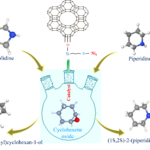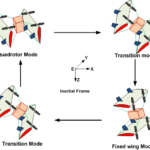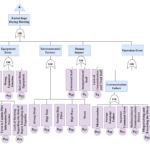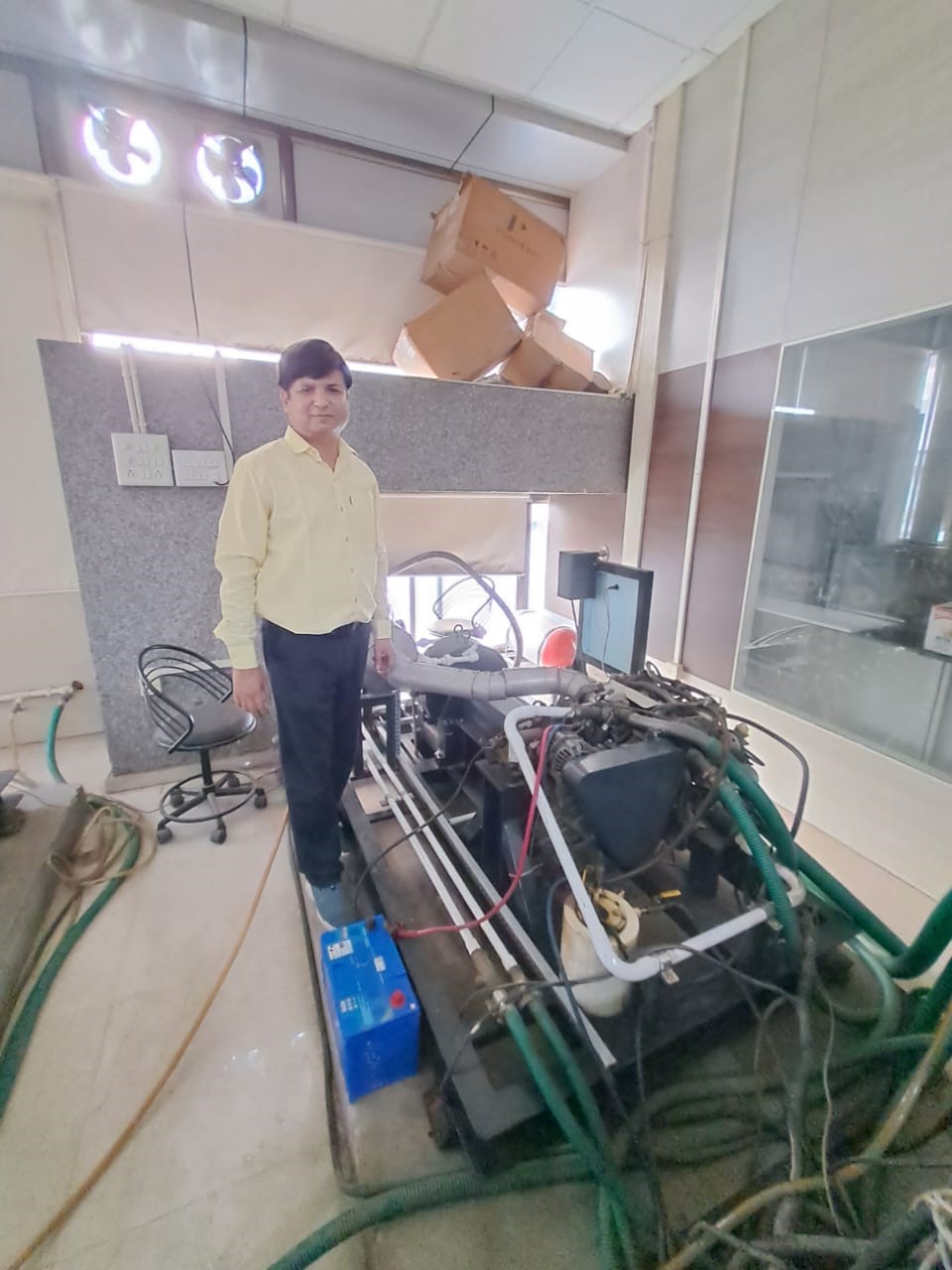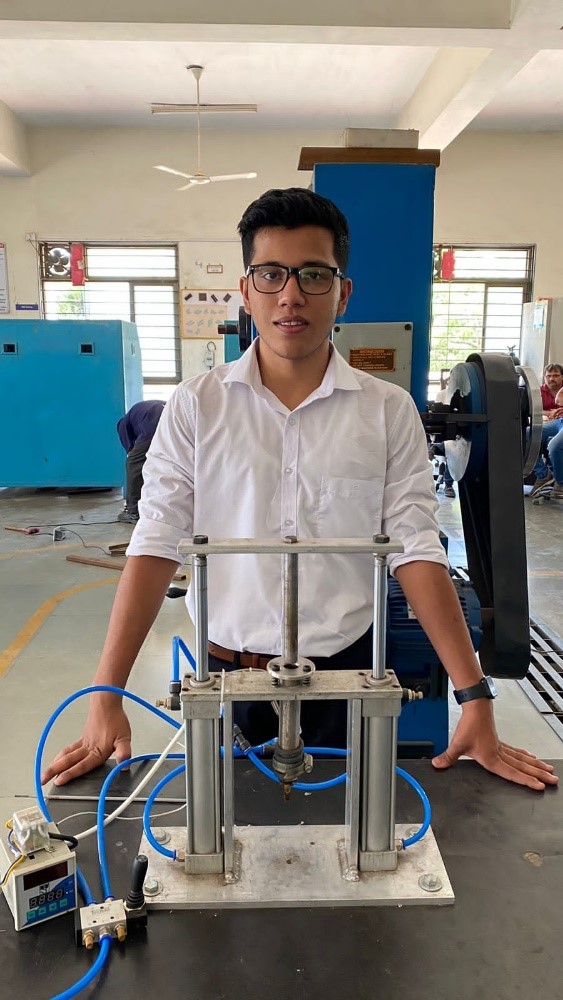May 29, 2023
In the relentless pursuit of cleaner and more efficient engines, researchers at the Institute of Infrastructure Technology Research and Management (IITRAM) in Ahmedabad have achieved significant breakthroughs in two critical areas: diesel fuel modification for improved performance and carbon dioxide capture using mesoporous substances to combat emissions. B.Tech students from Mechanical Engineering- Yash Patel, Nisarg Tiwari, Ibrahim Nagme, Abhishek Singh under the guidance of Dr. Ajit Kumar Parwani, along with the expertise of Dr. Dheeraj Kumar Singh and Dr. Mahuya Bandyopadhyay embarked on a mission to revolutionize diesel engine technology.
Diesel fuel modification involves introducing carefully calibrated additives into the diesel fuel, resulting in the creation of diesel-nanoparticle blends. These blends leverage the power of nanotechnology by enhancing the reactive mechanism of diesel engines. With their high surface-to-volume ratio, nanoparticles significantly increase the reactivity and combustible properties of diesel fuel, leading to notable improvements in engine performance.
To put their advancements to the test, the researchers conducted a series of experiments using the newly prepared diesel blends. Comparing the results with commercial diesel, they observed an impressive average reduction of 11.5% in fuel consumption. In practical terms, this means that a vehicle achieving 20 km per Liter using commercial diesel could achieve an average of 22.3 km per liter using the modified blend. Remarkably, these gains were achieved without requiring any physical changes to the internal combustion engine setup.
While enhancing performance is crucial, the team at IITRAM also recognized the urgent need to address carbon dioxide emissions from diesel exhaust, a major contributor to climate change. To tackle this challenge, the researchers turned their attention to mesoporous substances—a class of materials known for their ability to absorb gases and pollutants.
By incorporating mesoporous materials into the exhaust systems of diesel engines, the team achieved a significant reduction in carbon dioxide emissions. These materials possess tiny pores that act as effective traps for carbon dioxide molecules present in the burnt flue gas. As a result, the mesoporous substances successfully capture and store carbon dioxide emissions from diesel exhaust, mitigating their impact on the environment. Moreover, these materials exhibit high efficiency in removing other harmful pollutants, including nitrogen oxides and particulate matter, further enhancing the environmental benefits of their implementation. Notably, mesoporous materials offer a cost-effective and easily producible solution, making them an ideal candidate for controlling emissions from diesel engines.
The groundbreaking research conducted at IITRAM underscores our collective responsibility to address climate change and reduce our carbon footprint. By harnessing the power of diesel fuel modification and incorporating mesoporous substances, we have the potential to make a significant impact on reducing carbon dioxide emissions and improving air quality.
The implications of these findings extend beyond the walls of the research laboratory. Industries heavily reliant on diesel engines, such as transportation and logistics, stand to benefit greatly from these advancements. Policymakers, manufacturers, and consumers alike must take note of these promising developments and consider their integration into existing systems to minimize their environmental impact.
The pioneering work carried out by the dedicated team at IITRAM serves as a testament to the transformative power of scientific research and collaboration in addressing pressing global challenges. As we strive for a greener and more sustainable future, it is imperative that we support and invest in such ground-breaking initiatives.
These advancements mark a significant step forward in the journey toward cleaner engines and a healthier planet. Through continued scientific exploration and innovation, we can drive the transition to a more sustainable transportation sector and contribute to a brighter future for generations to come.



